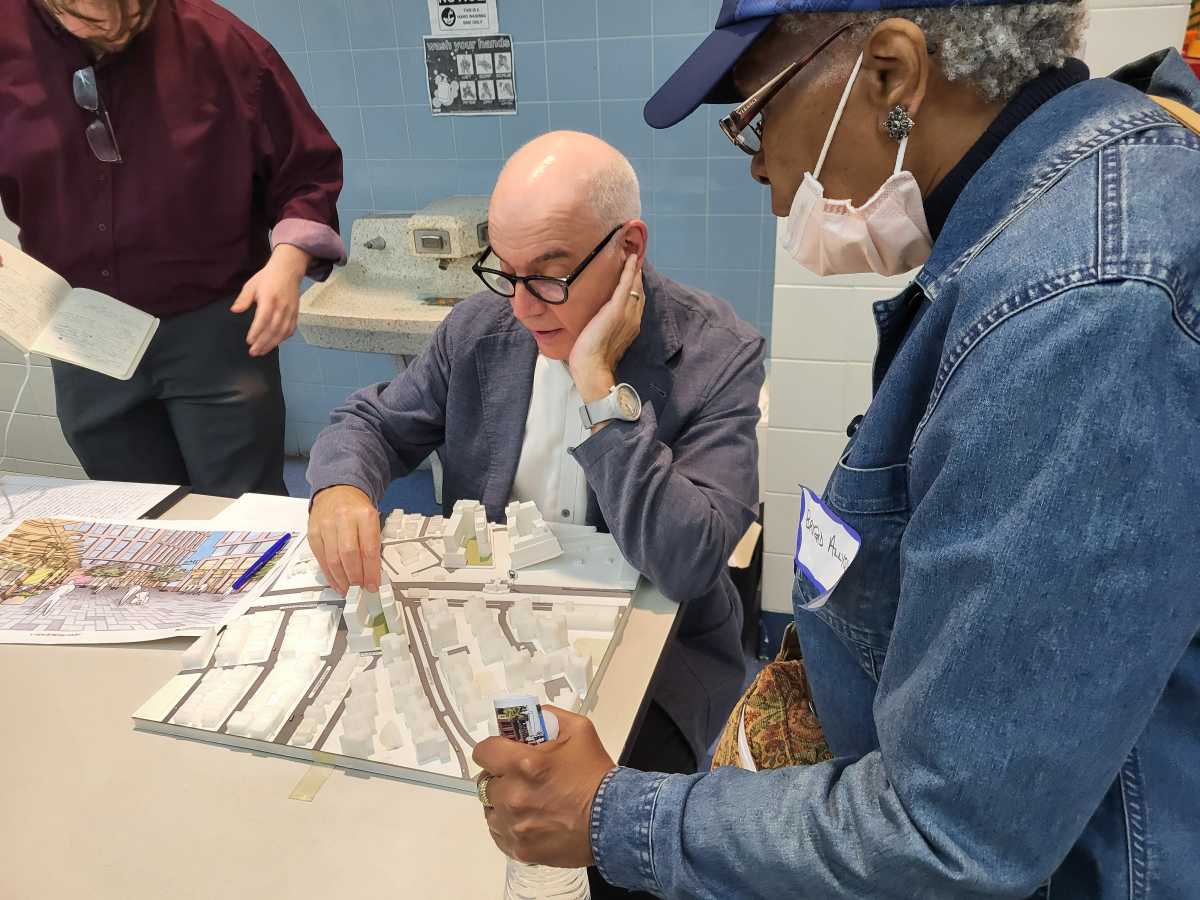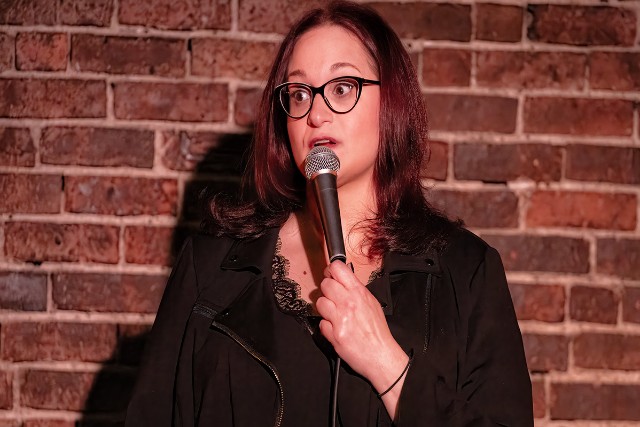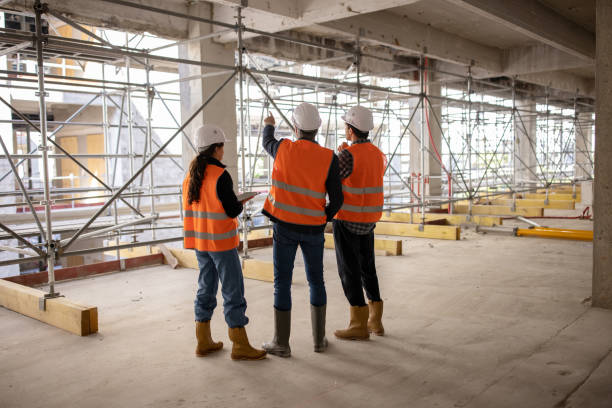Bronx elected officials are celebrating the Aug. 15 unanimous City Council vote to approve the Bronx Metro-North megaproject, which will provide fast access to midtown Manhattan and major investments in infrastructure and services in the East Bronx. The City Council’s veto-proof approval was the final step, with the plan now going to the mayor, who is almost certain to green-light it.
The project, which required the city council to approve a rezoning application to move ahead, represents a “forward-thinking approach to urban development that will benefit the East Bronx for generations to come,” said Bronx Borough President Vanessa Gibson.
Past rezoning efforts have not always considered the community’s needs, but this one demonstrated a “commitment to listening” on the administration’s part, said Paul Philps, Bronx office director for the Department of City Planning.
Along with the new stations in Hunts Point, Co-Op City, Morris Park and Parkchester/Van Nest, the project will bring 7,000 units of housing and $500 million in capital commitments — an amount that Council Member Rafael Salamanca, Jr. called “almost unheard of.”
Included is $119 million for renovations and upgrades to local parks and open spaces; $12 million for school improvements; $189 million for street safety and road reconstruction improvements; $170 million for essential infrastructure improvements, including upgrades to sewers, catch basins and water lines; and $10 million for upgrades to the 49th Precinct station.
‘A win for my community’
In negotiating the final plan, Bronx council members Salamanca, Jr., Amanda Farías, Kevin Riley and Kristy Marmorato had to weigh existing needs and concerns in their communities while making way for new development — especially in Farías and Marmorato’s districts, where the new housing will be located.
Marmorato, who represents the Morris Park, Pelham Bay and Throggs Neck areas, told the Bronx Times that at first she was “absolutely not happy with [the plan] at all” because of its potential effect on neighborhood character. But in the end, she called it “a win for my community.”
Negotiations resulted in a cap on building height and density near the Morris Park station and along Eastchester Road. New developments will also have parking requirements, and a large parking lot near the Morris Park station was also included.
Farías was similarly able to secure investments and adaptations to the plan to alleviate some constituents’ concerns. While residents in her district were more on board with adding housing density, they also pushed for investments in existing infrastructure.
Farías told the Bronx Times she held four formal meetings among community members, city planners and developers, conducted a survey for resident feedback, and received feedback on the project at nearly every meeting and event over several months.
Seeing her hard-fought negotiations pay off for her community was “a proud moment,” said Farías.
Notable inclusions for her district were $500,000 for improvements to the aging Parkchester condominiums — which residents said were in need of repairs — and an agreement to a study for a pedestrian bridge connecting Hunts Point and Soundview. Farías also secured commitments for community space and exploration of a possible community center and full-service grocery store, which were top requests from residents.
‘Overwhelmed with joy’
Council Member Kevin Riley, who represents Co-Op City, told the Bronx Times his only disappointment was not securing a shuttle bus service for residents to travel between their homes and the new Metro-North station.
While the shuttle would have been a perk to minimize driving for seniors in the area, Riley said the MTA did commit to improving service on existing buses.
Overall, “I feel really good about the project,” he said.
Salamanca, Jr. said he was “overwhelmed with joy” at the vote and proud of the negotiations.
Though his district did not require rezoning and will not receive new housing, he had to push for the community’s main concern, which was parking. Parking is already scarce in the Hunts Point area, and the new stations are likely to attract people who drive in to take the last leg of the Metro-North into the city, Salamanca, Jr. said.
He also pushed for a study to explore free parking options near all four new stations, which the city agreed to.
Although the plan was unanimously approved, “The work doesn’t end here,” said Philps at DCP. He said that further work is required to ensure that capital commitments stay on track and that contact with local elected officials and community boards are informed throughout the project.
In the meantime, city and elected officials are celebrating the vote as “a long time coming” — after all, the new stations were first discussed 20 years ago, Michael Kavalar, lead planner for the project at DCP, told the Bronx Times.
Kavalar said approval was reached after numerous hours of meetings and feedback sessions and with heavy reliance on local expertise.
“I’m excited to see how the plan improves people’s lives,” he said.
The new Metro-North stations are expected to be completed by the end of 2027.
Reach Emily Swanson at eswanson@schnepsmedia.com or (646) 717-0015. For more coverage, follow us on Twitter, Facebook and Instagram @bronxtimes
























